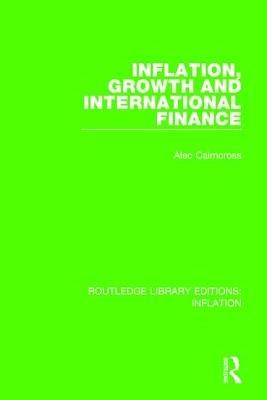Question
First consider a call option that expires 37.4 one year from now on stock ABC, which / does not pay any dividends. The 31.3 possibilities
First consider a call option that expires 37.4
one year from now on stock ABC, which /
does not pay any dividends. The 31.3
possibilities for the price of the / \
stock over the next year are as 25.2 25.4
shown in the tree diagram on the \ /
right. The riskfree interest rate 19.3
is 7.10%, compounded semiannually. \
The striking price of the option is $26.20. 13.4
1. Suppose the price of ABC stock six months from now turns out to be $31.3.
What then (six months from now) would be the optimal hedge ratio for an
arbitrageur writing a call option that expires one year from now?
2. If the price of ABC stock is $31.3 six months from now, what then
would be the no-arbitrage price of the call option?
3. Suppose instead that the price of ABC stock six months from now turns out
to be $19.3. What then would be the optimal hedge ratio for an
arbitrageur writing a call option that expires one year from now?
4. If the price of ABC stock is $19.3 six months from now, what then
would be the no-arbitrage price of the call option?
5. What is the optimal hedge ratio for an arbitrageur writing
a call option today that expires one year from now? (Remember, the current
time is one year before expiration and the price of ABC equals $25.2.)
6. What is today's no-arbitrage price of the call option? (Remember, that
today is one year before expiration and the price of ABC equals $25.2.)
7. Suppose today's price of the above call option is $3.76. Would an
arbitrageur today buy or write (sell) the option to profit from the price
disparity? (-1 means "sell" and +1 means "buy".)
8. Suppose the arbitrageur either bought or sold (as per the correct answer
to #7) ten option contracts. (Note: an option contract actually is an
option on 100 shares of stock; therefore the arbitrageur would be taking
a position on 1000 shares.) Based on the correct previous answers,
how many shares of stock would the arbitrageur buy or sell today?
9. Suppose the price of ABC stock goes up to $31.3 six months from now.
Would the arbitrageur in #8 buy or sell stock as a result? (1 means "buy".
-1 means "sell") Assume the arbitrageur does today what he/she should
do according to the correct answers for #7 and #8.
10. How many shares of ABC stock would the arbitrageur in #9 buy or sell?
11. Suppose instead of $31.3, the price of ABC stock fell to $19.3. Would
the arbitrageur buy or sell stock as a result? (1 means "buy". -1 means "sell")
Assume the arbitrageur today does what he/she should do according to the correct
answers for #7 and #8.
12. How many shares of ABC stock would the arbitrageur in #11 buy or sell?
Step by Step Solution
There are 3 Steps involved in it
Step: 1

Get Instant Access to Expert-Tailored Solutions
See step-by-step solutions with expert insights and AI powered tools for academic success
Step: 2

Step: 3

Ace Your Homework with AI
Get the answers you need in no time with our AI-driven, step-by-step assistance
Get Started


